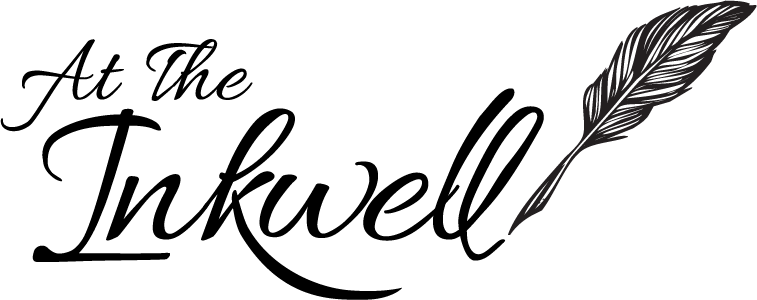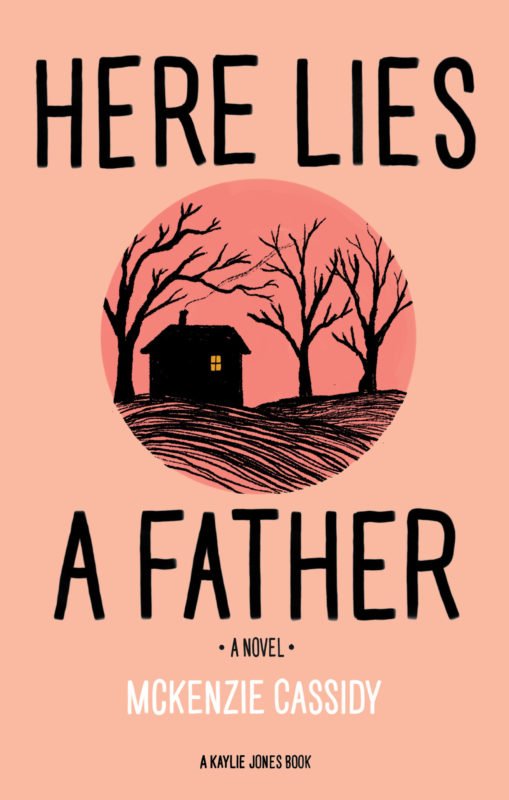
Here Lies A Father
Ian Daly, a 15-year-old boy, attends his father’s funeral on a Friday in a small, isolated town in New York. While it may be inappropriate to call the ordeal ordinary, given the context of a dead family member, it’s still an occurrence many folks find themselves in. It’s not that common, however, to find out that the father you knew all your life was nothing like the man you perceived him to be.
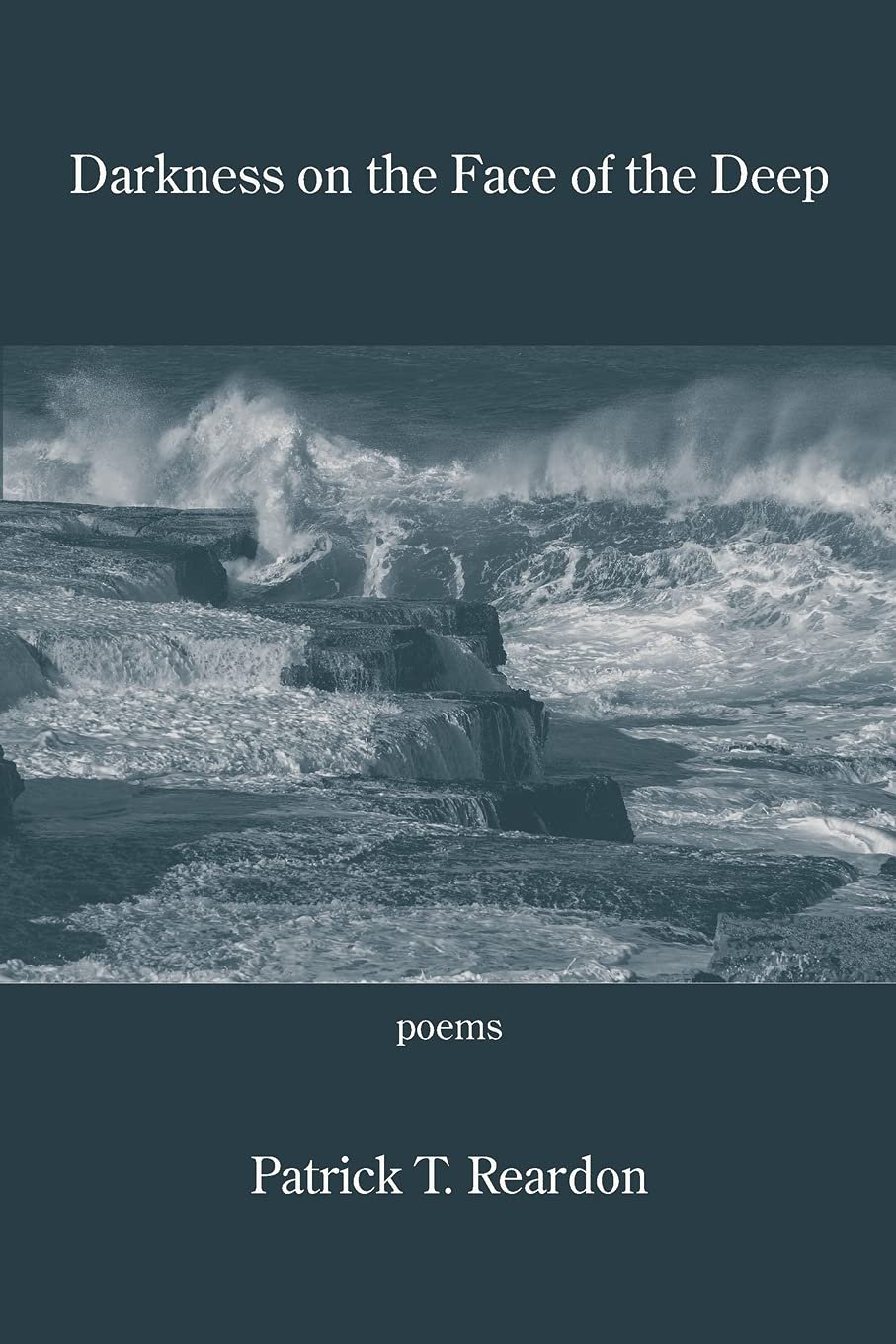
Darkness on the Face of the Deep
and greater significance. A jog in my neighborhood becomes a vital source of fresh air outside my home. A trip to the movies becomes a rare opportunity for shared experience and not just another night spent alone watching a screen. A beer at the bar with a friend seems like time spent on holy ground. The deeper meanings and the importance of life’s moments are not lost on Patrick T. Reardon in his new collection, Darkness on the Face of the Deep.
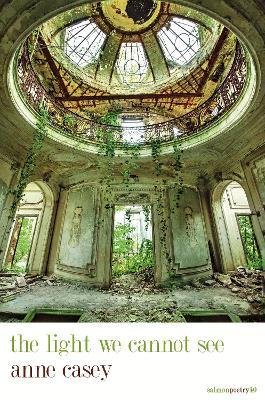
The Light We Cannot See
Irish-born poet Anne Casey presents us with a study in contrasts in her latest book, The Light We Cannot See (Salmon Poetry 2019). In the pandemic that has locked down Australia for most of the past two years, Casey reflects on the distortions of life as it is. In erudite lyrics, she comments on the present moment, then moves to timeless topics – sometimes in the same poem.
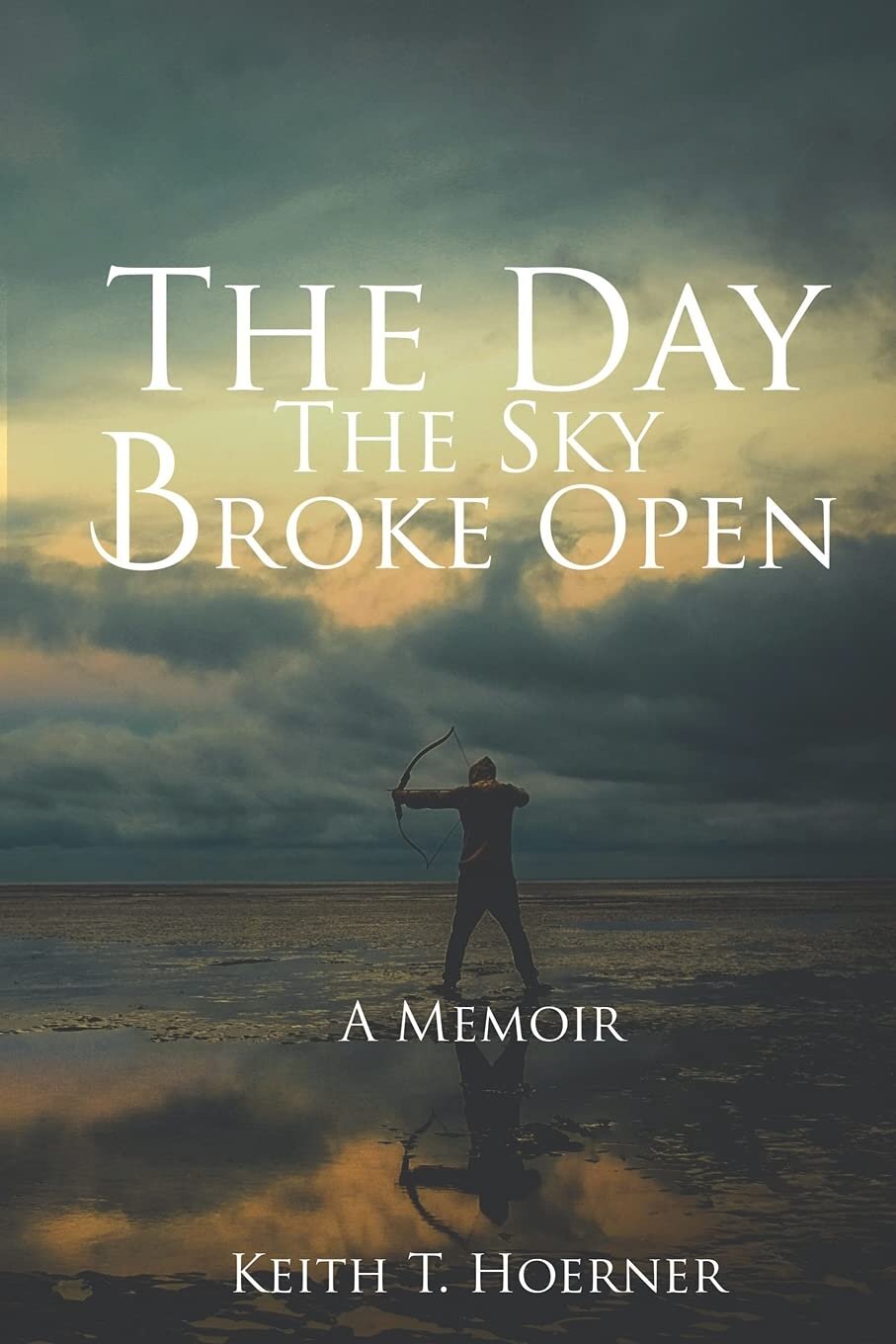
The Day The Sky Broke Open
The Day the Sky Broke Open, by Keith T. Hoerner, is a compelling memoir about a survivor. It focuses on Hoerner as the “target child” of his mother’s emotional and physical abuse. He tells his story through fragmented snippets of nearly 60 years of his life.

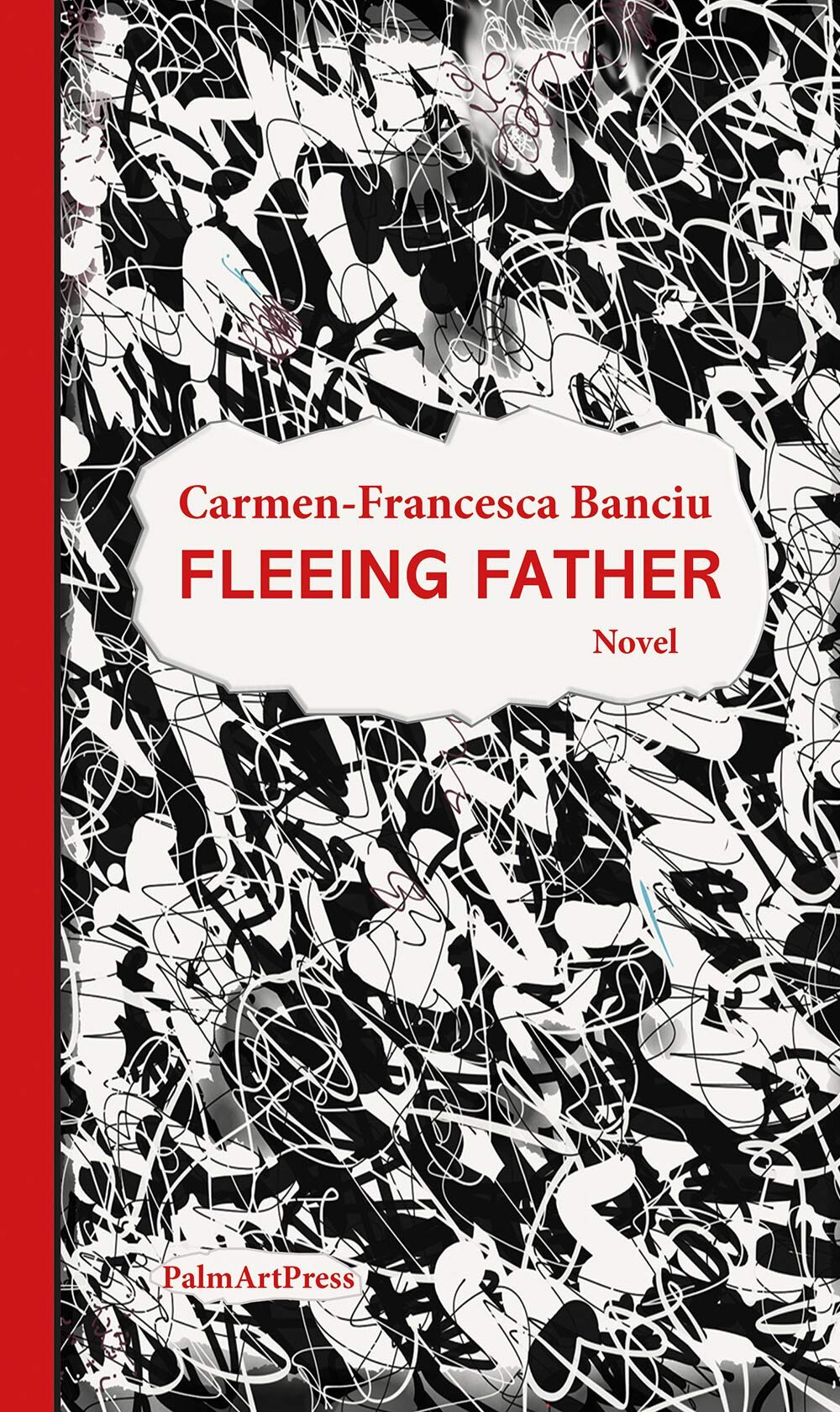
Fleeing Father
Fleeing Father is a bilingual novel, in English and German, by Romanian-born author Carmen-Francesca Banciu. Narrated by a Romanian girl who comes of age as her country marches toward revolution, this bildungsroman is the first in a trilogy newly translated from German into English by Elena Mancini and Catharine J. Nicely.
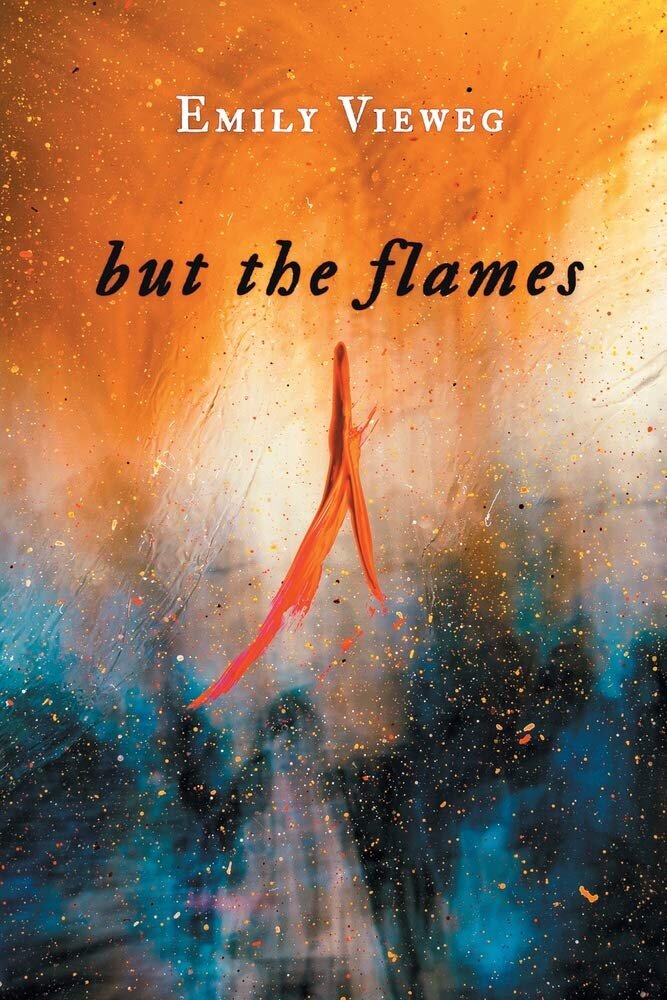
but the flames
Poetry is having a moment in the United States. Perhaps it is the collective search for meaning as we all experience these myriad crises together, but poetic expression feels more relevant now. After Amanda Gorman’s reading at the presidential inauguration, I received a flood of text messages and emails from people excited about the possibilities for American poetry in the twenty-first century. It could be that they are on to something.
